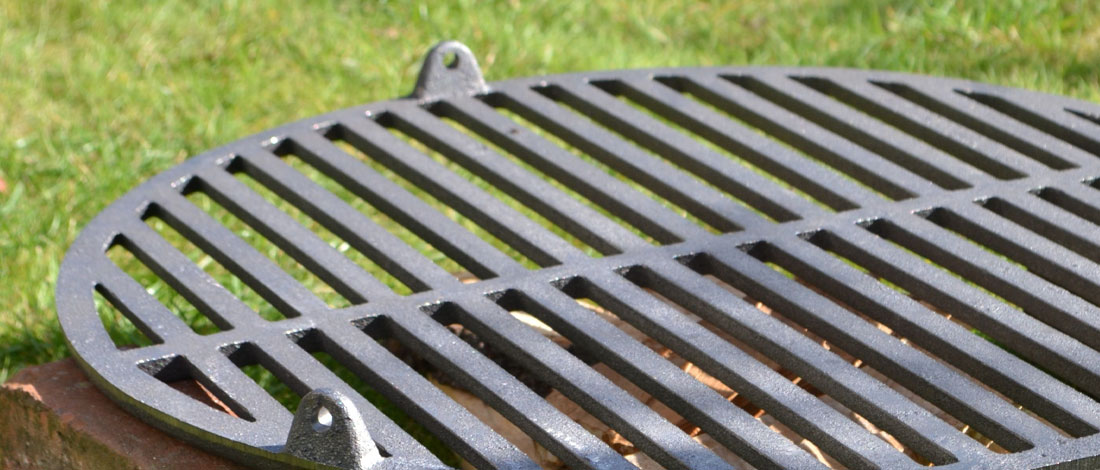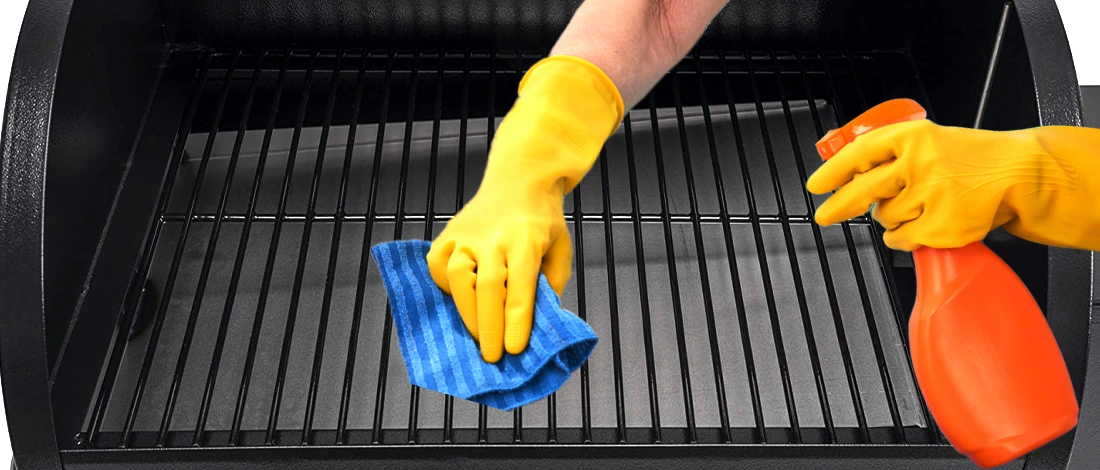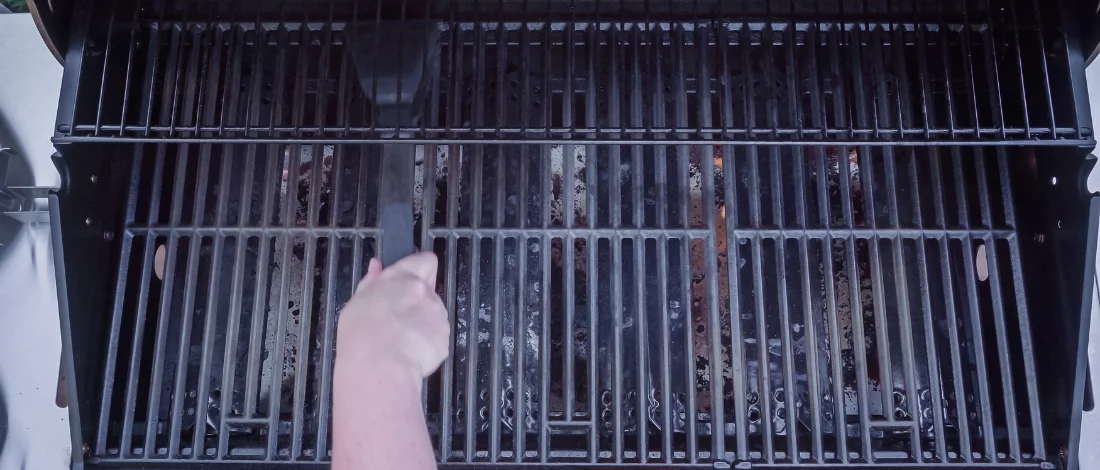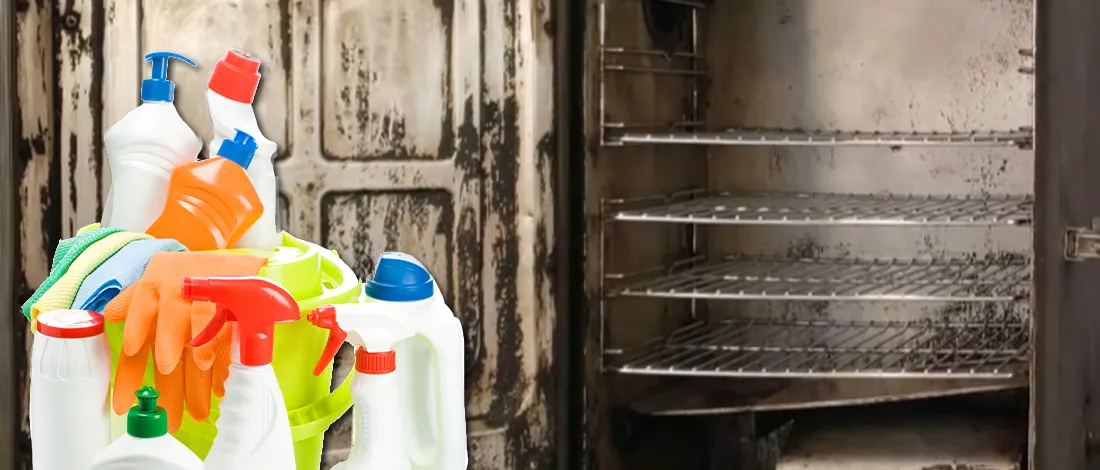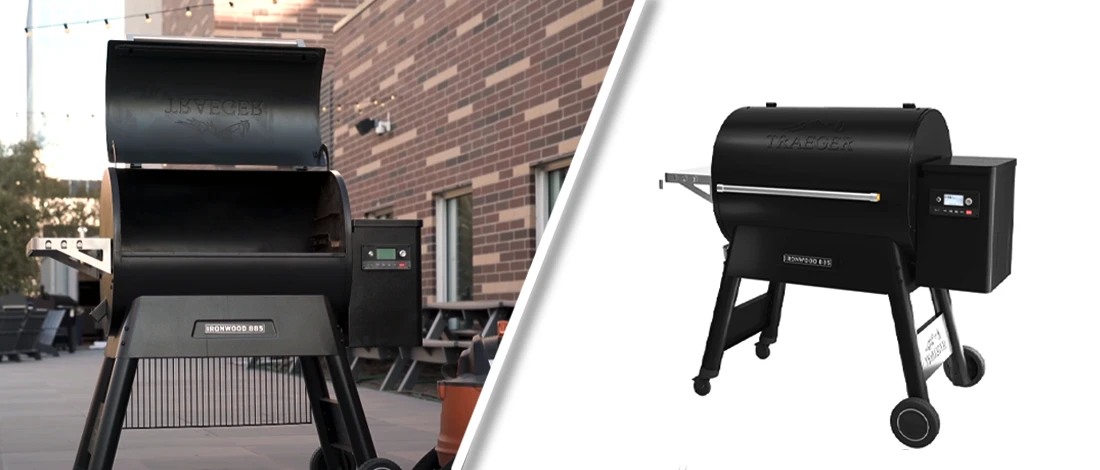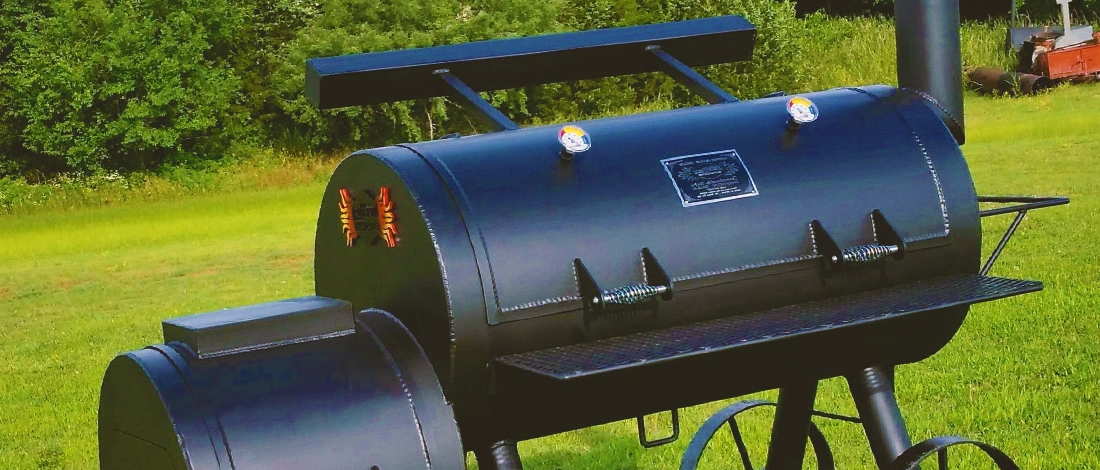As a food expert with years of experience in the culinary industry, I know firsthand the importance of maintaining a clean and well-functioning grill. A dirty grill can affect your food's taste and pose a risk to your health and safety.
That's why I've dedicated countless hours to testing various methods of cleaning electric grills to ensure optimal results.
Through extensive experimentation and research, I've rounded up a few actionable tips and tricks that will help you keep your electric grill in pristine condition.
Quick Summary
- It's important to clean your electric grill regularly to prevent bacteria growth, odd taste, rust, excess grease, and poor performance.
- Take safety precautions when working with hot surfaces or electrical outlets, and always unplug the grill before cleaning.
- Never use metal scrubbing pads or abrasive brushes to avoid scratching the grill's surface.
Steps to Cleaning an Electric Grill

Electric grills are a convenient and efficient way to enjoy delicious grilled food without the need for gas or charcoal grills.
Just like any other cooking appliance, electric grills require regular cleaning to ensure optimal performance and longevity.
1. Gather Your Supplies
Before you begin cleaning your electric grill, gather all the necessary materials.
Here's a list of supplies needed for cleaning:
- Stainless steel grill brush: This will help remove stubborn grease and dried food particles from cast iron grates.
- Paper towels: Wet paper towels are perfect for wiping down surfaces, and dry towels are used to dry the grill and grill plates after cleaning.
- Damp cloth: Useful for getting the exterior of the electric grill clean.
- Dishwashing liquid: An effective cleaner for removing grease and grime.
- Baking soda: A natural and gentle abrasive that aids in removing tough stains.
- Hot water: Use it for rinsing and cleaning purposes.
- A damp, non-abrasive sponge: Great for cleaning the grill's interior and other surfaces.
- Rubber spatula: Helps scrape off any dried-on food from the interior.
- Oven cleaner (if necessary): Use it sparingly and according to the manufacturer's instructions for heavy-duty cleaning.
2. Clean the Grates

Start by unplugging the electric grill and allowing it to cool completely [1].
Once it's cool, remove the grates from the grill and brush off any loose crumbs or debris from the grill surface.
If your cooking surfaces are dishwasher safe, you can place them in the dishwasher for a thorough cleaning.
If not, follow these steps:
- Fire it up: The first step to clean the grill is to close the top and heat it on high for 15-20 minutes. This will turn all the old food particles into a loose black char. You can place moist paper towels on the grill during this step and allow the steam to help loosen the grime.
- Pre-cleaning: Fill a sink or basin with hot water and dish soap. Let the cooking grates soak for a few minutes to loosen any grease or residue.
- Scrubbing: Use a non-abrasive brush to thoroughly wash the stainless steel cooking surface. For cast iron grates, you can use a grill brush with bristles. Pay attention to the areas with stubborn residue or charred food.
- Rinse: Rinse the grates with warm water to remove any soap residue.
- Final wash: If necessary, you can give the racks one more wash using a sponge and dish soap to ensure they are completely clean. Rinse well with warm water afterward.
Related Articles:
- How to Clean Grill Grates
- How to Clean Cast Iron Grill Grates
- How to Clean Stainless Steel Grill Grates
3. Clean the Inside
After cleaning the grates, it's time to tackle the inside of the electric grill.
Follow these steps:
- Unplug the grill: Always make sure the grill is unplugged and allow it to cool before cleaning the interior to avoid any potential electric shock or heat injury.
- Remove detachable parts: If your electric grill has removable plates, take the grill plates out and clean them separately according to the manufacturer's instructions. Do the same if there is a removable drip tray or water pan.
- Wipe down the interior: Use a damp sponge or paper towel to wipe out the inside of the grill, including the heating element and other surfaces. Use a rubber spatula to scrape off stubborn grease or dried-on food gently.
- Clean with soapy water: Dip the sponge or cleaning cloth in warm soapy water and wipe the interior surfaces, paying extra attention to areas with grease or food residue. Rinse with a damp cloth, paper towel, or sponge to remove any soapy residue.
- Dry thoroughly: Before reassembling the grill, ensure the grill plates, drip tray, and other interior parts are completely dry with cloth or paper towels to prevent any moisture-related issues.
Also Read: How to Clean a Pellet Grill
4. Clean the Exterior

To maintain the overall appearance of your electric grill, you want to get the exterior of the grill clean. This is particularly true for an outdoor electric grill. Here's how:
- Unplug the grill: Remove the plug from the electrical outlet before cleaning.
- Wipe down the exterior: Use a damp cloth or soapy sponge to wipe all the exterior surfaces of the electric grill. Pay attention to any areas with grease or grime build-up. If necessary, you can use a mild dish soap solution to remove stubborn stains. Avoid using abrasive cleaners or hard scrubbing pads, as they can scratch the grill's surface.
- Dry and shine: After wiping down the exterior, use a clean cloth or paper towel to dry the surfaces thoroughly. This will prevent water spots from forming and keep your electric grill looking its best. When dry, put a grill cover over your outdoor electric grill to protect it from the weather.
Water-resistant covers are vital for grill longevity, shielding from moisture and UV rays. Regular checks, timely replacements, and cooling before covering prevent corrosion and guarantee a lasting grill, suggests Angie Zoobkoff of Camp.Grill.Eat.
The Importance of Cleaning an Electric Grill

Now that you know how to clean an electric grill, let's understand why regular cleaning is crucial:
- Bacteria: At room temperature, leftover food particles and grease on the grill can become a breeding ground for bacteria [2]. Regular cleaning helps eliminate these potential health hazards and ensures safe and hygienic cooking.
- Grease Build-up: A dirty electric grill can accumulate residual grease, leading to flare-ups and even posing a fire hazard. Cleaning the grill regularly removes the grease and reduces the risk of accidents.
- Taste: Residue from previous cooking sessions can affect the flavor of your food. Cleaning the grill helps remove any lingering odors or tastes, allowing you to enjoy the natural flavors of your grilled dishes.
- Rust: Moisture can cause rust to form on the grill's surfaces, particularly if it's not cleaned and dried properly. Regularly cleaning and maintaining your electric grill can prevent rust, prolonging its lifespan and avoiding major maintenance issues.
- Performance: A clean grill performs better. Removing grease and debris from the grill plates and interior allows for more even heat distribution and prevents hot spots, resulting in more evenly cooked and delicious meals.
"Knowing how to clean an electric grill may not be the most glamorous task, but it's crucial for maintaining optimal performance and ensuring that your food is cooked to perfection."
- Ina Garten, American Chef
7 Tips to Make the Cleaning Process Effective

Here are a few additional tips and tricks to make the cleaning process even more effective:
- Read the owner's manual: Before cleaning your electric grill, refer to the manufacturer's instructions for any specific cleaning recommendations or precautions.
- Pre-clean the grill: Pre-clean electric grills by scraping off any loose food particles with a quality grill brush or scraper before every use. This will make the deep cleaning process easier and prevent excessive build-up.
- Use vinegar and baking soda: For stubborn stains or charred residue on the grates, create a paste by mixing vinegar and baking soda. Apply the paste to the affected areas, let it sit for a few minutes, and then scrub with a brush. Wipe with damp paper towels and rinse thoroughly afterward.
- Indoor grill: You may need to use a mild detergent or baking soda mixture for an indoor electric grill.
- Outdoor grill: Avoid using too much water on an outdoor electric grill, as moisture can cause corrosion of the metal pieces. Consider using a water-resistant cover when not in use.
- Regular maintenance: In addition to regular cleaning, perform maintenance tasks recommended by the manufacturer, such as checking and tightening any loose screws or parts, inspecting the heating element, and ensuring proper ventilation.
- Be gentle: Never use metal pads or abrasive brushes on delicate parts, as these can scratch the grill's surface if you scrub too hard. Cloth or paper towels are safe for drying work.
FAQs
Do You Need to Grease an Electric Grill?
No, you do not need to grease an electric grill as they usually have non-stick surfaces. However, you should clean the grates before and after you cook to prevent excess build-up of food and grease.
How Often Should You Clean Your Electric Grill?
You should clean your electric grill after each use to prevent any bacterial growth or excess build-up. A thorough cleaning should be performed periodically, depending on the frequency of use.
Does Vinegar Clean Grill Grates?
Yes, vinegar can be used to clean grill grates for electric grills, as it is a natural degreaser. Make sure to combine the vinegar with water for best results. Additionally, you should scrub gently with a soft brush or cloth and rinse thoroughly before using.
References:
- https://www.hpba.org/Consumer-Information/Barbecue-Outdoor-Living/Grill-Safety/Electric-Grill
- https://www.fsis.usda.gov/food-safety/safe-food-handling-and-preparation/food-safety-basics/how-temperatures-affect-food

